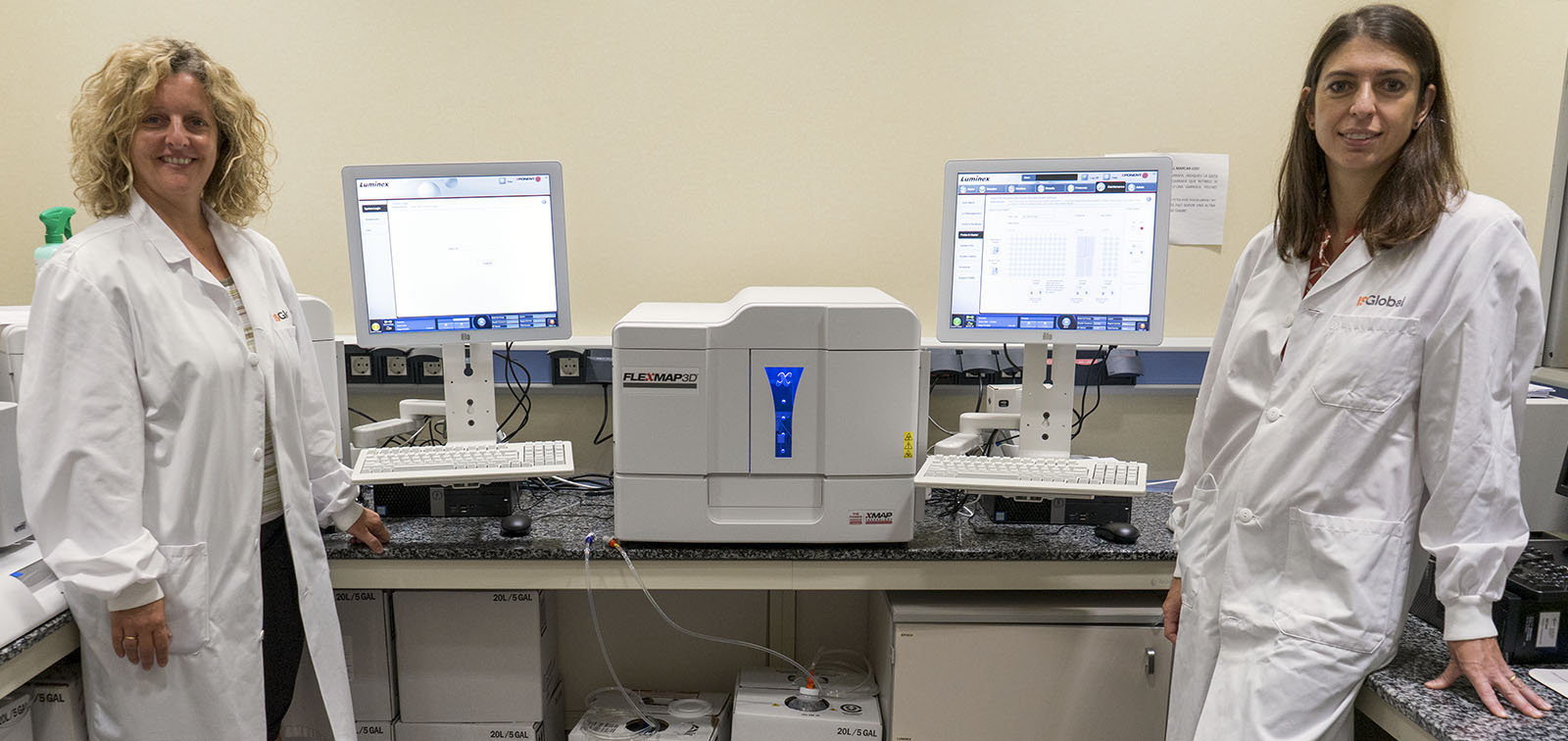Daniel Bravo Foundation and ISGlobal Launch Major Research Project on Immunology of Emerging Diseases
The collaboration arose from the need to better understand and protect against the spread of COVID-19
18.09.2020
The Daniel Bravo Andreu Private Foundation and the Barcelona Institute for Global Health have joined forces to launch a major research project as a part of the fight against COVID-19. The project will lay the groundwork for the design of future strategies for immunological protection against SARS-CoV-2 and other pathogens.
Through this initiative, the Daniel Bravo Andreu Private Foundation aims to address the ongoing health emergency by providing ISGlobal with the necessary technological, human and logistical resources to create synergies with Spanish research groups and centres capable of generating high-impact transferable knowledge.
“The support of the Daniel Bravo Foundation has been instrumental in developing this project, which builds on our extensive experience in studying malaria and the body’s immune response to it,” commented ISGlobal researcher Carlota Dobaño. Understanding the immune response to a pathogen such as SARS-CoV-2 is crucial to predicting how the disease will behave at the population level. For example, knowledge of the prevalence and duration of antibodies against the virus will shed light on the trajectory and dynamics of the epidemic in different groups. Moreover, analysis of individual immune responses will further our understanding of what types and levels of antibodies are associated with protection against the disease. By combining the epidemiological and immunological perspectives, the new research hub will focus on furthering our understanding of how the immune system generates and maintains protection against the virus , which will make it possible, among other things, to measure the effectiveness of candidate vaccines.
The main objectives of this research hub are to generate knowledge that will lead to a better understanding of how SARS-CoV-2 spreads in the population and how each individual responds to the virus; to catalyse studies with other hospitals on the optimisation of the management of patients with COVID-19; and to position ISGlobal and its collaborators at other institutions throughout Spain as key contributors to our understanding of the immune response to SARS-CoV-2 and in the evaluation of future vaccines.
The research group led by Carlota Dobaño has developed an innovative methodology, based on Luminex technology, for measuring antibody levels in biofluids with high sensitivity and specificity. This technique was used to estimate the prevalence of SARS-CoV-2 infection in health care workers. “The advantage of this methodology is that it is more sensitive than the ELISA technique. From a single drop of blood, we can measure various types of antibodies—IgG, IgM, IgA, etc.—that target different viral proteins. This increases the likelihood of identifying individuals who have been exposed to the virus and can help us understand which antibodies confer protection,” explained Gemma Moncunill, an ISGlobal researcher who belongs to Dr. Dobaño’s group.
In addition to measuring antibodies, the technique also makes it possible to quantify key mediators of immune response (cytokines, chemokines and other biomarkers). Thanks to the acquisition of new technological resources and the hiring of additional staff, sample analysis capacity is expected to increase to more than 5,000 samples per week.
The project is intended to be useful not only in the response to the COVID-19 pandemic but also in furthering our understanding of other emerging diseases and possible future epidemics. Therefore, both the platform and the trials it will facilitate are designed to be adapted to the study of other pathogens, thus facilitating knowledge creation and making it possible to provide a rapid response.
Antoni Plasència, Director General of ISGlobal, described the Daniel Bravo Foundation’s support for immunoepidemiological research as an excellent example of the key role that philanthropy can play in the response to the ongoing pandemic. “We are honoured that the Foundation has chosen to demonstrate its commitment to science and the protection of health by supporting Dr. Dobaño’s research group,” he added.



